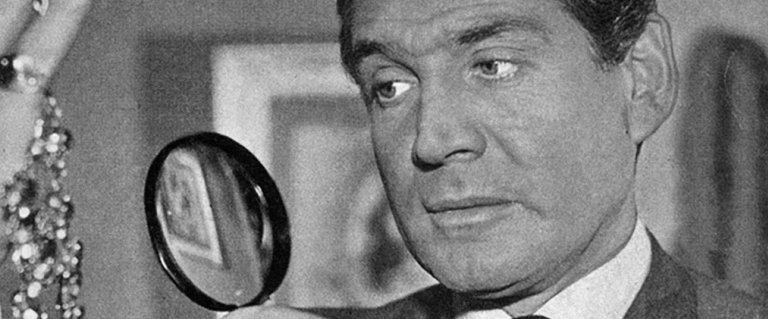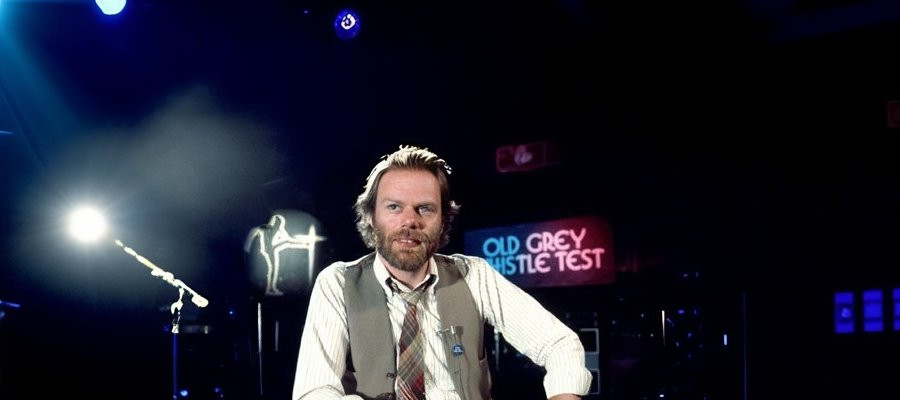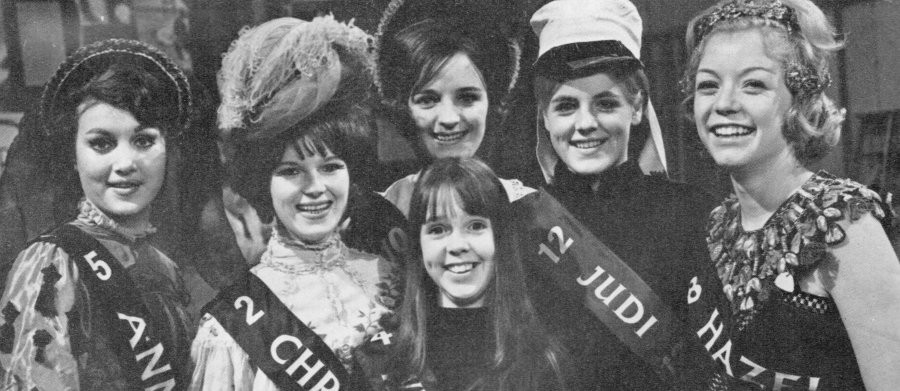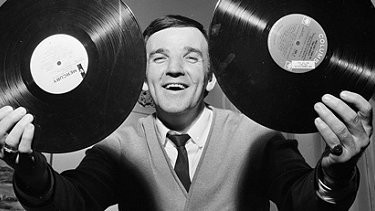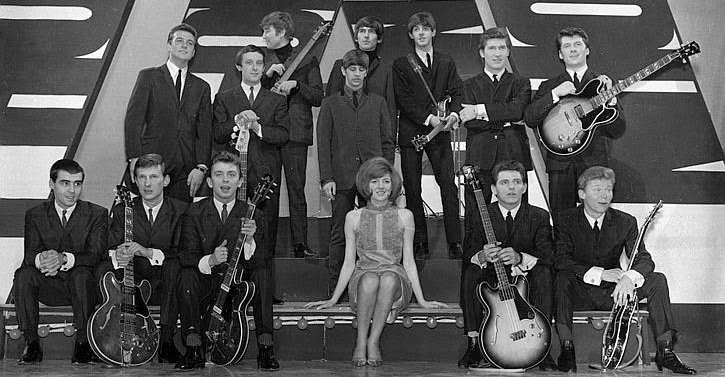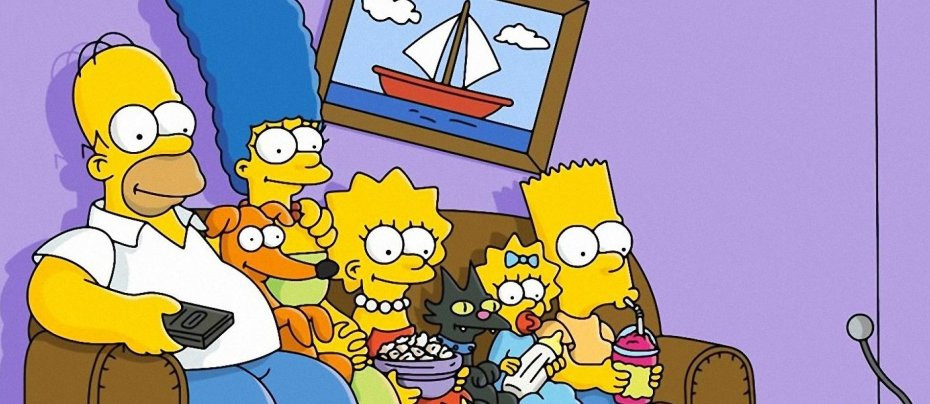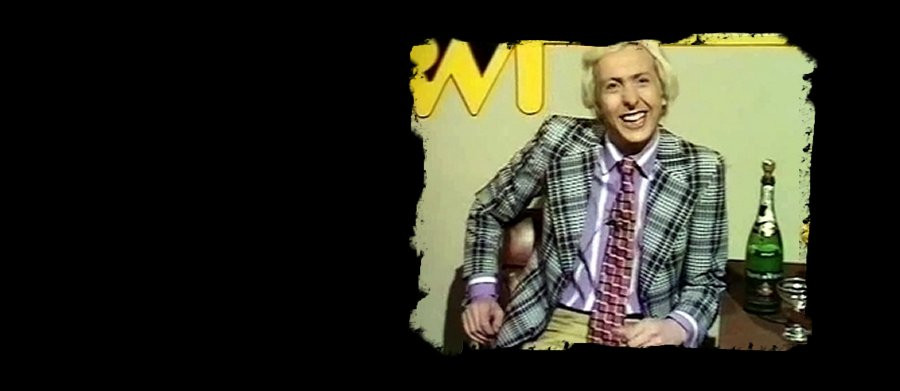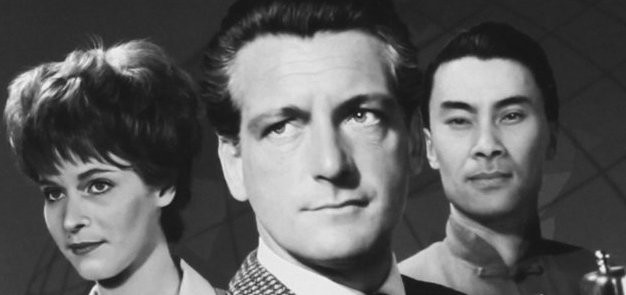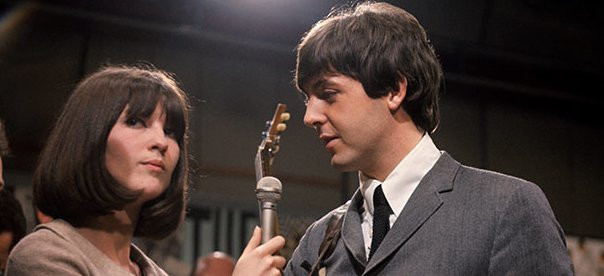
Ready Steady Go
1963 - United KingdomPopular music shows that showcased the up-and-coming stars of the day were nothing new in 1963, indeed the BBC had led the way nearly six years earlier with Six-Five Special, and ATV had countered that in 1958 with Oh Boy! What made 'RSG' special was that it arrived at the same time as the British beat boom, when groups such as The Beatles, The Rolling Stones and The Who were on the verge of taking the music world by storm, a time when 60's youth culture hit the streets running and swept aside all that stood in its way, a time that was fresh and exciting. The show finished in 1966 at the height of its popularity and has since gone on to attain cult status.
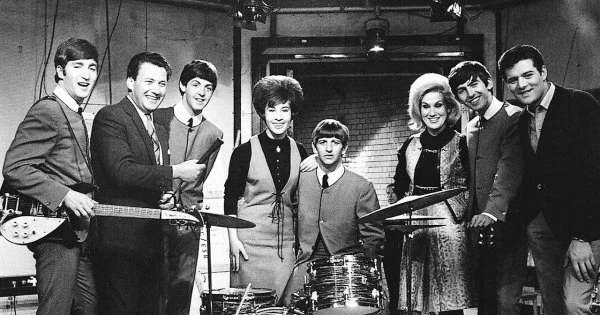
Filmed in Rediffusion's Studio 9 in Kingsway, London, the show went out live on Friday nights at 6pm and opened with the slogan "The Weekend Starts Here", and to the tune of The Sufaris' hit 'Wipe Out,' which was later replaced by Manfred Mann's '5-4-3-2-1.' Although introduced by former Cambridge law graduate and Radio Luxembourg DJ Keith Fordyce, it was his co-host, Cathy McGowan, who became the real star of the programme. McGowan had been working in an office at the television company when she answered an advertisement for a 'typical teenager' to act as advisor to the show, and was rewarded by being pushed in front of the cameras without the benefit of any training or broadcasting experience. But her natural charm, enthusiasm, style and beauty made up for the occasional fluffed lines or missed cues, and she quickly became a role model for the female population as well as being nominated, unofficially, as Queen of the Mods.
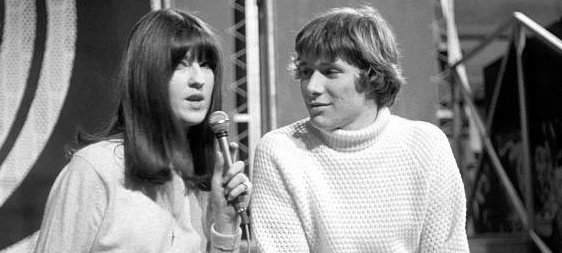
Whereas the BBC's Top of the Pops (which started the following year), concerned itself with the top ten or twenty chart hits, 'RSG' was not afraid of being the showcase for new talent, and consequently artists such as Eric Burdon and The Animals, The Kinks, Donovan, and The Pretty Things were given their television debuts, and US artists such as Sonny and Cher, The Four Tops, Martha Reeves and the Vandellas, Rufus Thomas and Marvin Gaye, were introduced to a British audience for the first time. Of course the popular artistes of the day featured heavily, The Beatles and Dusty Springfield being frequent visitors, and whilst most of the acts mimed to their own recordings, there were some memorable live performances from the likes of Georgie Fame, The Beach Boys and The Who.
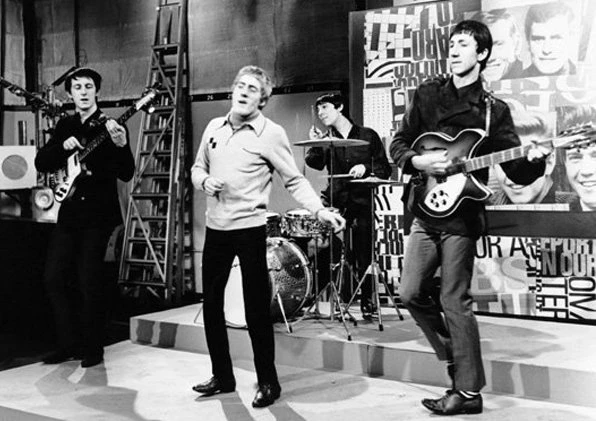
Two other co-hosts fronted the show which also gave a weekly report on the latest fashions and trends. They were David Gell and Michael Aldred, and years before hitting the big time himself, shamed pop star Gary Glitter worked in the studio as a 'crowd controller'. The show was not without its critics and indeed the television company finally gave in to outside pressure when it moved it to a much later 10.30pm slot on the same night, making it less accessible to the younger audience, and possibly its older viewers who would by then be out and about enjoying themselves away from the TV screens. A policy of 'live-only' music was taken too, and the combination of these new formats could well have been the death-knell for the show. But in fact the reverse happened and the show's ratings went up. It was moved to a larger studio and McGowan became solo presenter.
In 1966 the show was finally cancelled, although with the coming of the Hippie Movement, Flower Power and 'concept albums' the following year, it was perhaps a well-timed departure as it is doubtful that the 'RSG' format would have had a place in this new era. McGowan withdrew from being in front of the cameras to become a fashion guru to the stars and the series itself was consigned to fond memory as a quintessential part of the swinging 60's. Then in 1983 it found a new audience, when a production company owned by former drummer Dave Clark released a compilation video 'Ready Steady Go Volume One' which went to the top of the video sell-through charts, and was followed up by Volume Two in 1984. A Beatles compilation was also released from their many appearances on the show.
Ready Steady Go was almost certainly a role model for later shows such as The Tube and The Word, all of which have given the youth of the day a platform to express their views and their talents, but it was also in many ways much more than a mere youth oriented popular music programme and template for what was to follow. Like much of the very best television output of its time 'RSG' was a mirror which not only reflected, but actively helped to shape the formative tastes of an entire generation, and stands today as an historic record of a long passed time of rapid social change and emerging new identity.
As undoubtedly important as it was then, Ready Steady Go has become even more important as a televisual window through which we can once again witness the process of a changing world, through the powerful and evocative medium of its music.
Seen this show? How do you rate it?
Seen this show? How do you rate it?
Published on January 24th, 2019. Written by Laurence Marcus (2000) for Television Heaven.


